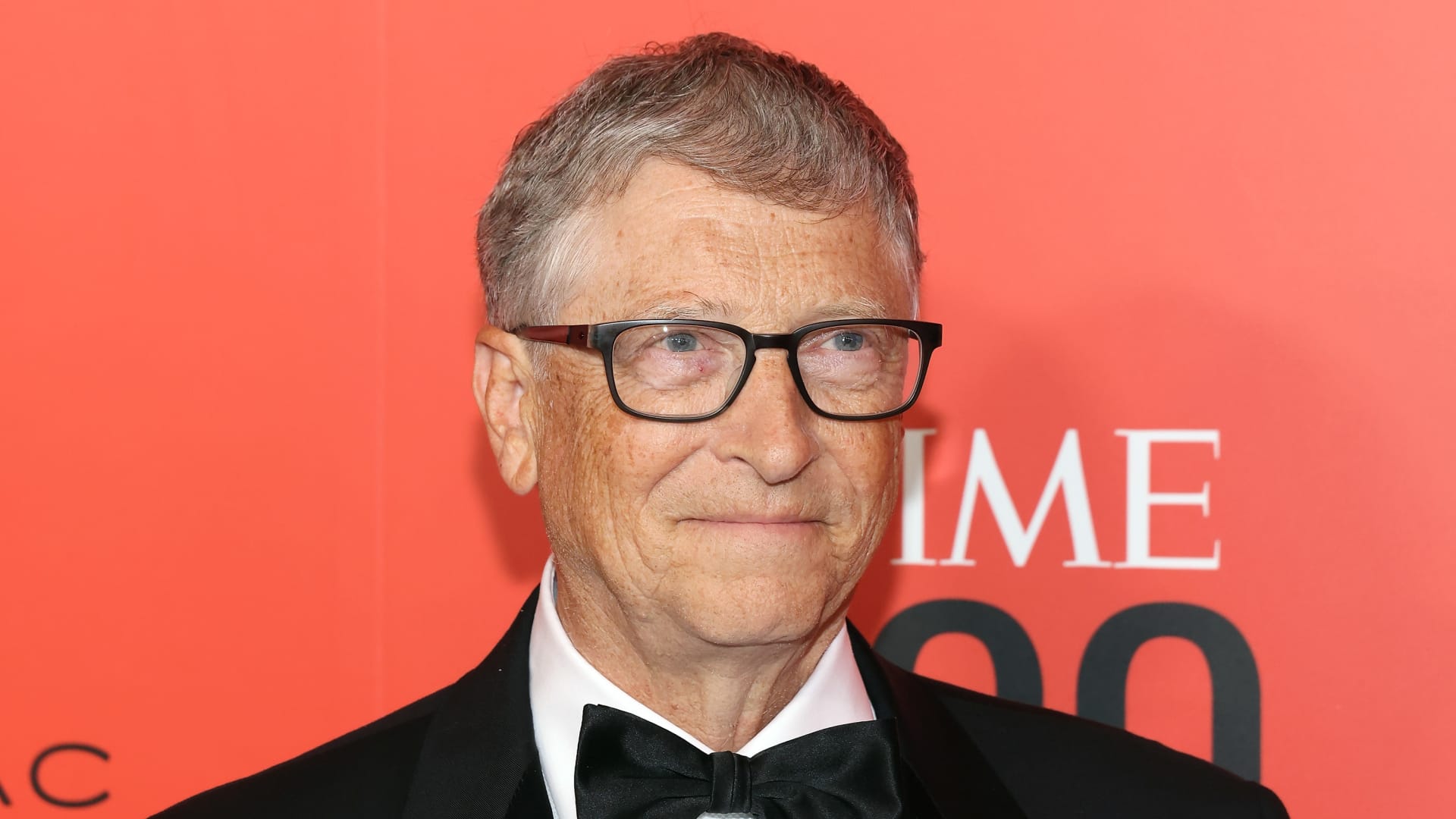Bill Gates didn’t get much sleep while running Microsoft. Now, he says he’s making up for it.
Even in his 30s and 40s, the billionaire Microsoft co-founder would compete with peers to see who got the least rest, considering it a marker of productivity, he said on a recent episode of his new podcast, “Unconfuse Me with Bill Gates,” featuring guests Seth Rogen and Lauren Miller Rogen.
“[I] would be like, ‘I only sleep six hours.’ And the other guy says, ‘I only sleep five!’ and ‘Well, sometimes I don’t sleep at all,’ Gates, 67, said. “I’d be like, ‘Wow, those guys are so good. I need to try harder, because sleep is laziness and unnecessary.'”
Gates changed his mindset after his father was diagnosed with Alzheimer’s disease, prompting him to start learning about brain health, he said.
“One of the strongest things to emerge in [the Alzheimer’s] area is the importance of good sleep,” Gates said. “It’s one of the most predictive factors of any dementia, including Alzheimer’s, whether you’re getting good sleep.”
Older adults — ages 65 and up — who get less than five hours of sleep per night are twice as likely to develop dementia or die within five years, compared with those who sleep between six and eight hours per night, according to a 2021 Harvard Medical School study.
The study examined more than 2,800 people, within that age range, participating in the National Health and Aging Trends Study. Researchers analyzed the relationship between their self-reported sleep characteristics between 2013 and 2014, and their health statuses five years later.
Sleep matters for younger people, too: Getting eight to 10 hours per night can help teenagers develop optimal intellectual growth, mental health and memory, the American Academy of Sleep Medicine said in a 2016 consensus statement.
For people between ages 20 and 64, seven to nine hours per night contributes to peak physical and mental health, according to the Centers for Disease Control and Prevention.
On the podcast, Seth Rogen agreed with Gates, saying his mother-in-law’s Alzheimer’s diagnosis encouraged him to take sleep more seriously.
“When I was young, the convention was, ‘You’ll sleep when you’re dead. Sleep isn’t that important. You don’t need sleep,'” Rogen said. “And now already we know that’s completely oppositional to the truth, and if anything, it’s maybe the single most important thing you can do to keep your brain healthy.”
Gates, who sleeps a minimum of seven hours per night, said he now checks his “sleep scores” daily. Generally, a sleep score represents how much your body recovered overnight, factoring in your sleep’s duration and quality.
The billionaire didn’t specify how he tracks his sleep scores, but a number of wearable devices — like Fitbits or Apple Watches — tout the capability to do so.
It’s “super important,” Gates said.
DON’T MISS: Want to be smarter and more successful with your money, work & life? Sign up for our new newsletter!
Get CNBC’s free Warren Buffett Guide to Investing, which distills the billionaire’s No. 1 best piece of advice for regular investors, do’s and don’ts, and three key investing principles into a clear and simple guidebook.

